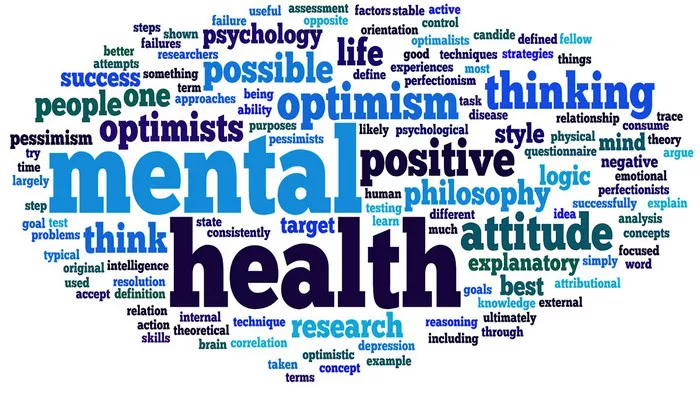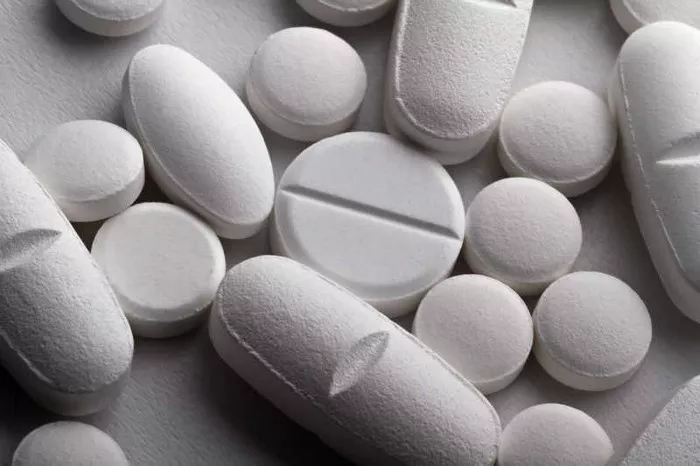In recent years, there has been a growing recognition of the importance of mental wellness in schools. As educators and policymakers strive to create supportive and nurturing learning environments, promoting mental health and well-being has emerged as a key priority. In this article, we’ll explore strategies that schools can implement to foster mental wellness among students, including promoting resilience, providing access to support services, and creating a culture of openness and acceptance.
Introduction: The Importance of Mental Wellness in Schools
In today’s fast-paced and often stressful world, the mental health of students is a significant concern. Research indicates that mental health issues such as anxiety, depression, and stress can have a profound impact on academic performance, attendance, and overall well-being. Recognizing the importance of addressing these issues, schools are increasingly focusing on promoting mental wellness and resilience among students.
Understanding Bipolar Disorder: Types and Symptoms
Bipolar disorder is a chronic mental health condition characterized by extreme shifts in mood, energy, and activity levels. There are several types of bipolar disorder, including:
Bipolar I Disorder: In this type, individuals experience manic episodes that last for at least seven days or are severe enough to require hospitalization. They may also experience depressive episodes that last for at least two weeks.
Bipolar II Disorder: This type is characterized by recurrent depressive episodes alternating with hypomanic episodes, which are less severe than full-blown manic episodes.
Cyclothymic Disorder: This milder form of bipolar disorder involves frequent mood swings that alternate between mild depression and hypomania for at least two years.
Manic vs. Hypomanic Episodes: Understanding the Difference
Manic and hypomanic episodes are key features of bipolar disorder, but they differ in severity and duration:
Manic Episodes: During manic episodes, individuals may experience an elevated or irritable mood, increased energy and activity levels, racing thoughts, and reckless behavior. They may also have grandiose ideas or delusions of grandeur. Manic episodes typically last for at least one week and can be severe enough to require hospitalization.
Hypomanic Episodes: Hypomanic episodes are similar to manic episodes but are less severe in intensity and duration. Individuals may experience increased energy, creativity, and productivity, along with feelings of euphoria or irritability. Hypomanic episodes last for at least four consecutive days and do not typically require hospitalization.
Presence or Absence of Psychotic Symptoms
One key difference between manic and hypomanic episodes is the presence or absence of psychotic symptoms:
Manic Episodes: In severe cases of bipolar I disorder, individuals may experience psychotic symptoms such as hallucinations (seeing or hearing things that aren’t there) or delusions (false beliefs). These symptoms can significantly impact daily functioning and may require intensive treatment and support.
Hypomanic Episodes: Hypomanic episodes do not typically involve psychotic symptoms. While individuals may experience heightened perceptions or unusual beliefs during hypomania, these experiences are generally less severe and disruptive than those seen in manic episodes.
Impact on Daily Functioning
Bipolar disorder can have a significant impact on various aspects of daily functioning, including academic performance, relationships, and overall well-being:
Academic Performance: During manic or hypomanic episodes, individuals may experience difficulty concentrating, staying organized, and completing tasks. This can lead to academic challenges and lower grades.
Relationships: Mood swings and erratic behavior associated with bipolar disorder can strain relationships with family members, friends, and peers. Individuals may struggle to maintain stable friendships and may experience conflicts or misunderstandings with others.
Overall Well-Being: Untreated bipolar disorder can take a toll on an individual’s overall well-being, leading to feelings of frustration, hopelessness, and low self-esteem. Without proper support and treatment, individuals may engage in risky behaviors or self-destructive patterns that further exacerbate their symptoms.
Treatment Options and the Importance of Seeking Help
While bipolar disorder is a chronic condition, it is highly treatable with a combination of medication, psychotherapy, and lifestyle changes:
Medication: Mood-stabilizing medications such as lithium, anticonvulsants, and atypical antipsychotics are commonly used to manage symptoms of bipolar disorder. These medications help stabilize mood, reduce the frequency and severity of mood swings, and prevent future episodes.
Psychotherapy: Cognitive-behavioral therapy (CBT), dialectical behavior therapy (DBT), and interpersonal therapy (IPT) are effective forms of psychotherapy for bipolar disorder. These therapies help individuals develop coping skills, improve self-awareness, and learn strategies for managing symptoms and stressors.
Lifestyle Changes: Healthy lifestyle habits such as regular exercise, adequate sleep, stress management, and maintaining a balanced diet can help support overall mental wellness and reduce the risk of mood swings and relapse.
It’s important for individuals with bipolar disorder to seek help from qualified mental health professionals who can provide accurate diagnosis, personalized treatment, and ongoing support. Early intervention and comprehensive treatment are key to managing symptoms, preventing relapse, and improving overall quality of life.
Conclusion: Promoting Mental Wellness in Schools
As schools strive to create supportive and nurturing learning environments, promoting mental wellness among students is essential. By raising awareness of mental health issues, providing access to support services, and fostering a culture of openness and acceptance, schools can play a crucial role in supporting the well-being of students affected by bipolar disorder and other mental health conditions.
By implementing evidence-based strategies, collaborating with mental health professionals, and prioritizing student well-being, schools can help empower students to thrive academically, socially, and emotionally. Together, we can create a future where all students have the resources and support they need to achieve their full potential and lead fulfilling lives.
[inline_related_posts title=”You Might Be Interested In” title_align=”left” style=”list” number=”6″ align=”none” ids=”6874,6877,6880″ by=”categories” orderby=”rand” order=”DESC” hide_thumb=”no” thumb_right=”no” views=”no” date=”yes” grid_columns=”2″ post_type=”” tax=””]
































